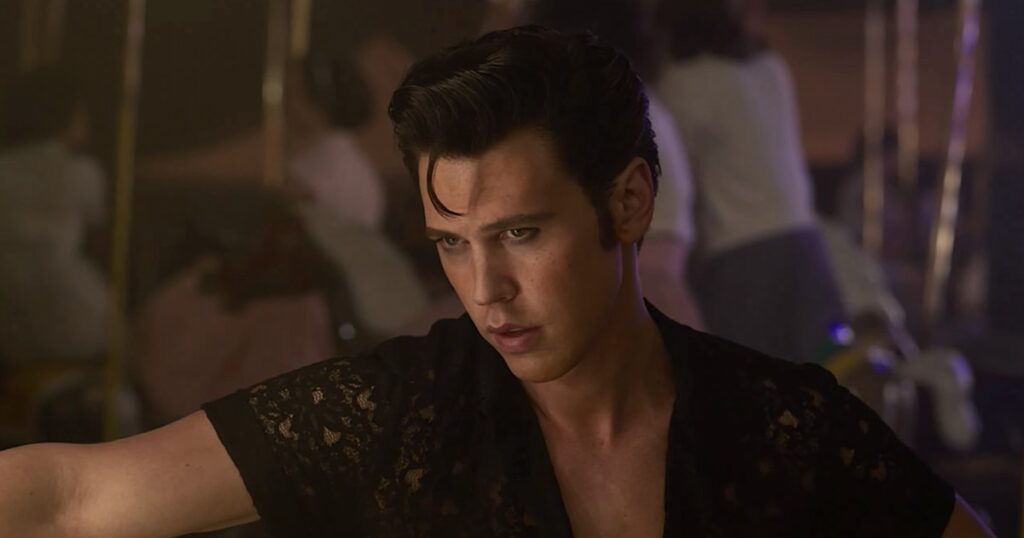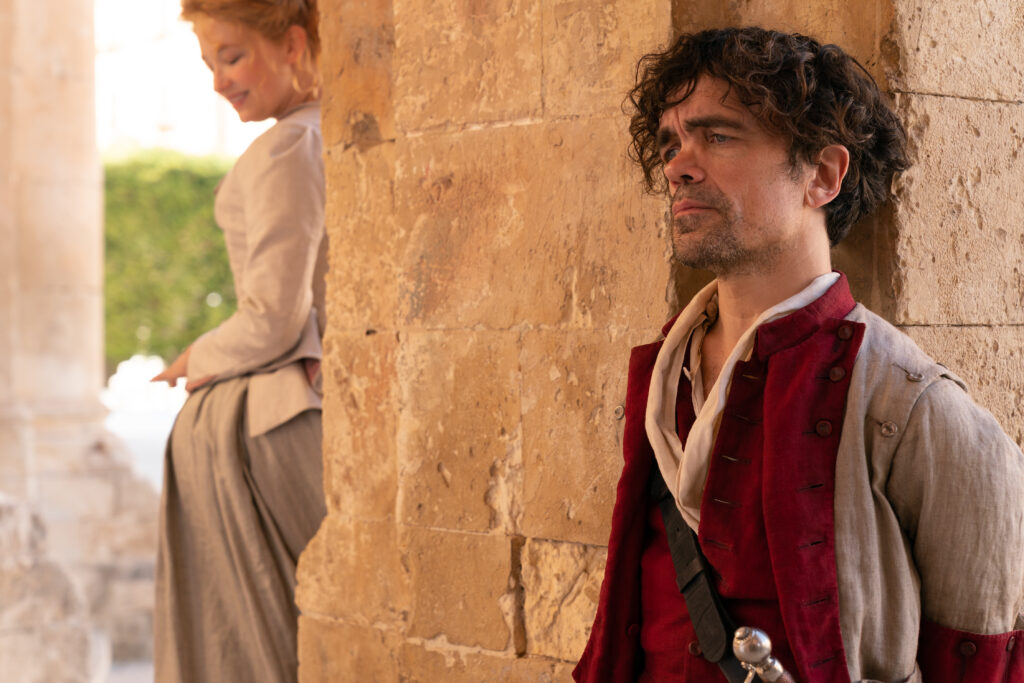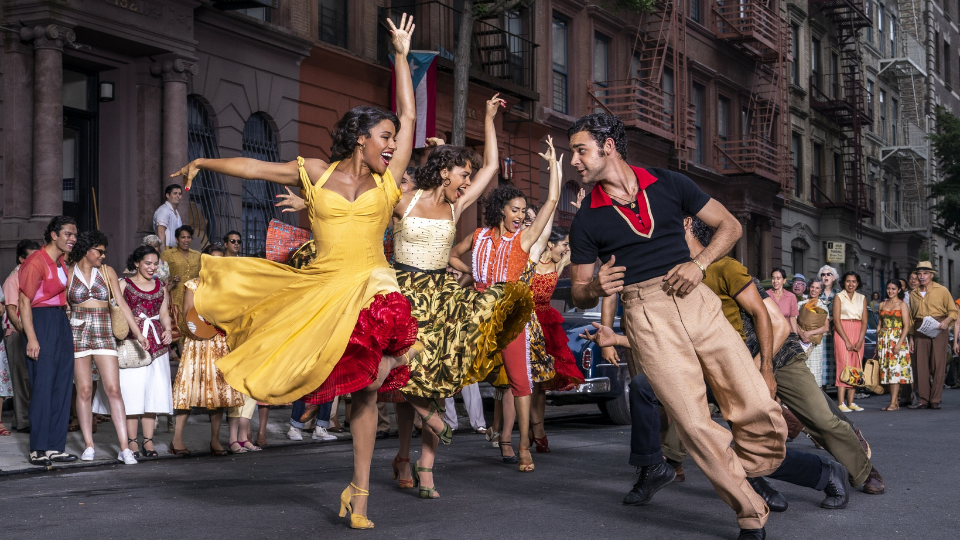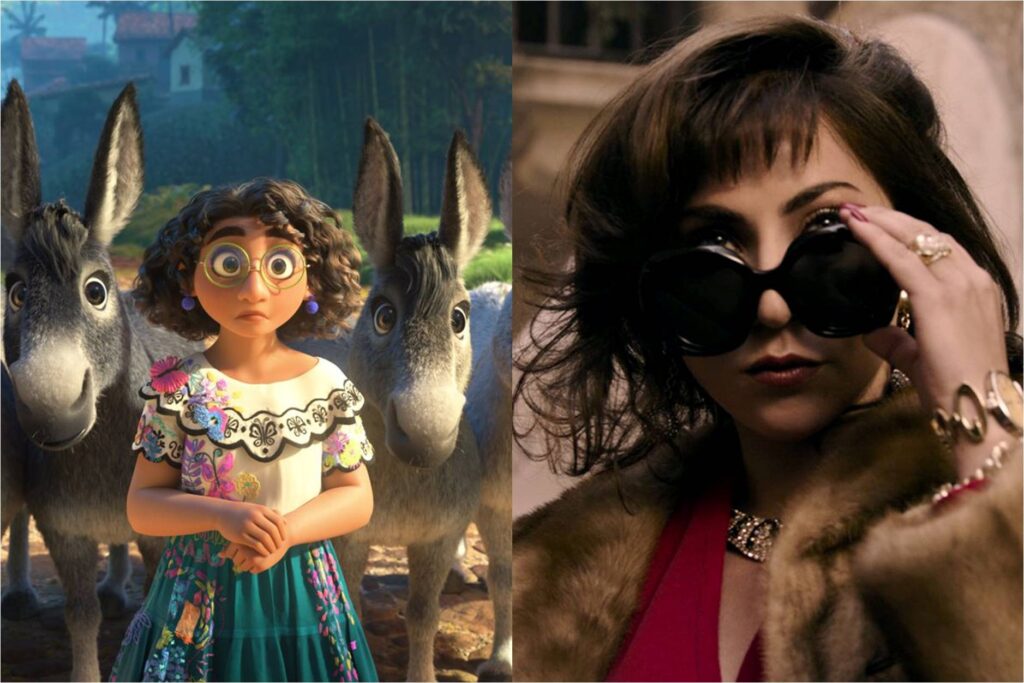Middlebrow Christmas: The Color Purple and The Boys in the Boat
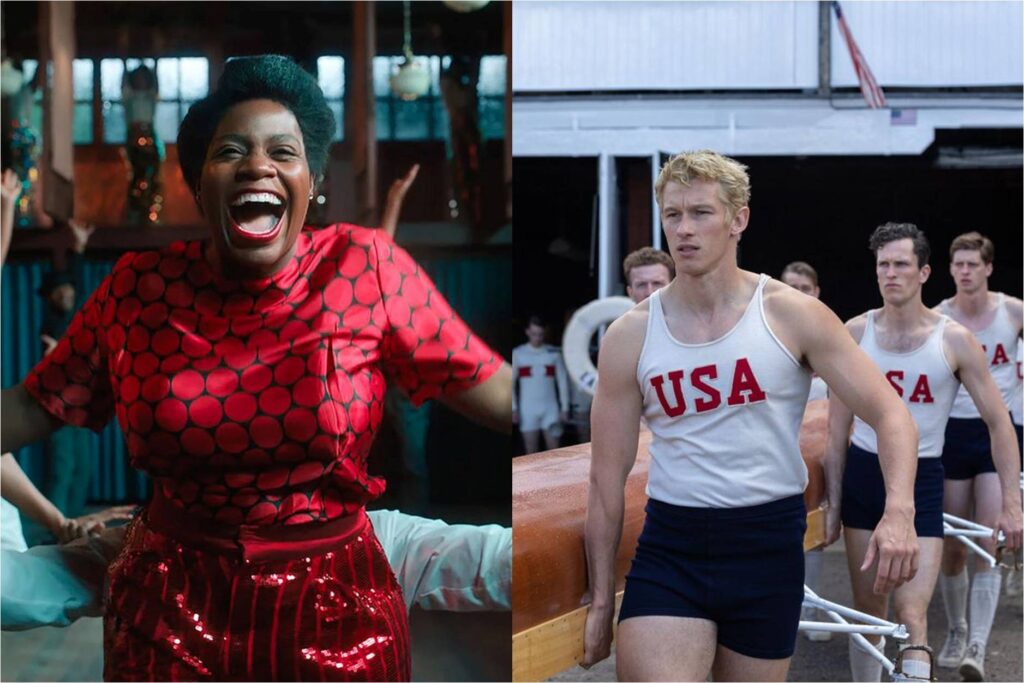
In critical circles, the term “middlebrow” is wielded as a pejorative, alongside “prestige fare” and “Oscar bait.” The idea is that these types of films—often period pieces, featuring inspirational stories that are based on either historical events or popular novels—are tasteful to the point of decorousness, flattering Academy voters for their refinement without taking real risks as works of cinema. As someone who spent his formative years greedily devouring as many Oscar winners as possible, I maintain a steadfast appreciation for the middlebrow picture; I like The Cider House Rules, I love A Beautiful Mind, and I think Kate Winslet was terrific in both Revolutionary Road and The Reader. That a movie attempts to appeal to a broad adult audience doesn’t automatically nullify its pleasures, especially when it’s well-made and well-acted (and sure, gorgeous period costumes can’t hurt).
Christmas tends to be an ideal time for the release of a middlebrow movie, given that the holiday affords extended families the opportunity to spend two-plus hours in a climate-controlled environment without offending any sensibilities. In recent years, sterling examples of this vintage include Little Women, Mary Queen of Scots, and other period pieces that didn’t star Saoirse Ronan (e.g., Fences). Quality prestige pictures, all! Still, just as I reject the notion that middlebrow flicks are inherently inferior, I also acknowledge that they aren’t intrinsically superior; they still need to work on the levels of storytelling and aesthetics. Along with the Michael Mann biopic Ferrari (which I previously reviewed here), this Christmas brought the arrival of two films that seemed like easy wins for prestige-hungry audiences. But despite their differences in tone and scope, they share a sense of failure—both to inspire and, more crucially, to entertain. Read More

